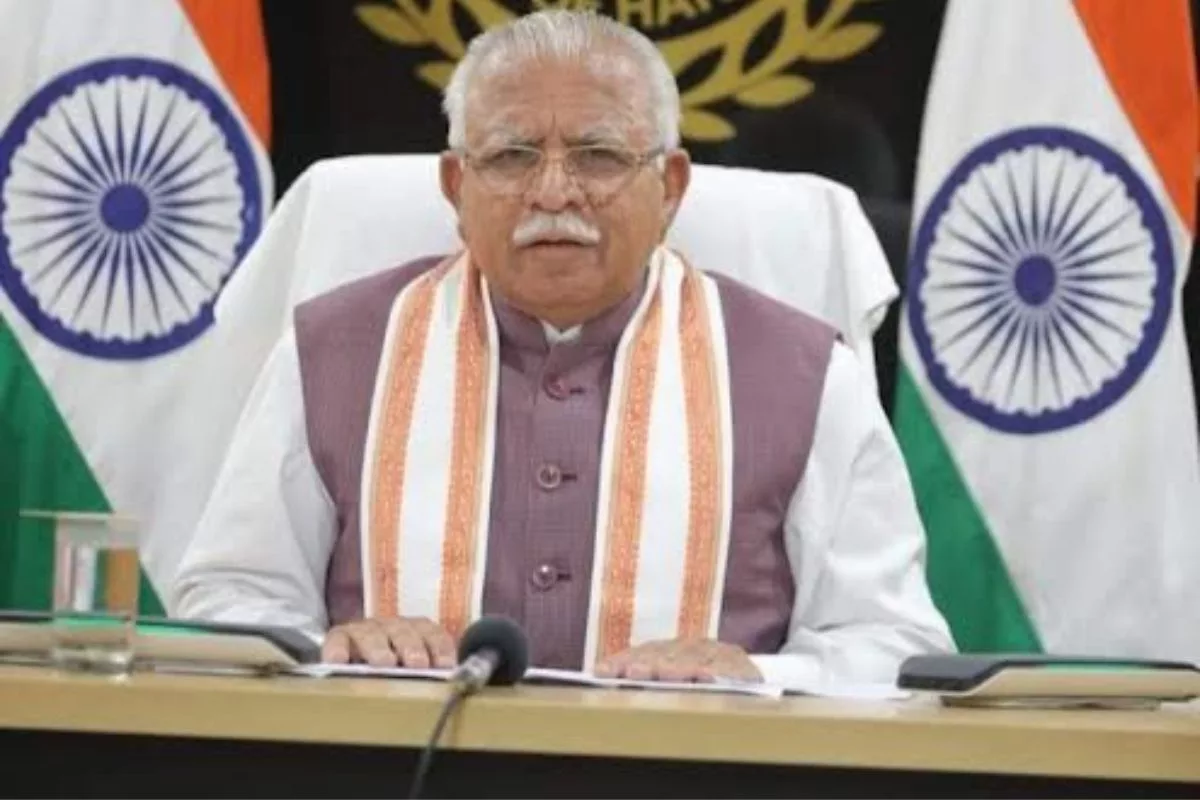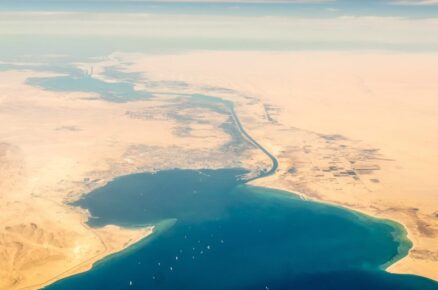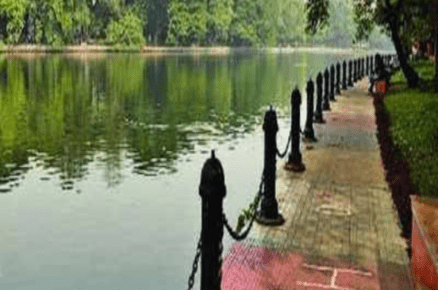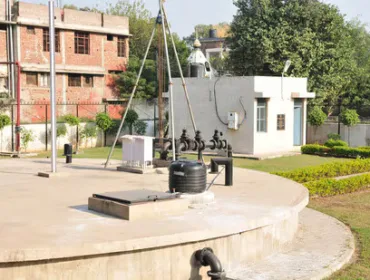The Haryana government is working on a Rs 500 Crore project to cover 27 sewage treatment plants (STPs) for re-using treated wastewater.
The project, prepared by the Irrigation and Water Resources Department, aims to cover 27 STPs with a capacity of 339.50 MLD (million liters per day).
This apart, treated wastewater from three STPs – Ladwa (7 MLD), Pehowa (8 MLD), and Shahabad (11.50 MLD) is being used for irrigation and agricultural purposes.
To make the project a success, Public Health Engineering Department, Haryana Shehri Vikas Pradhikaran, urban local bodies, and the Irrigation and Water Resources Department have developed a joint strategy to pool assets and utilise treated wastewater effectively.
At present, 176 STPs have been constructed by these departments, which are capable of treating 2104.30 MLD of waste water, out of which 1429.38 MLD is being generated. Of this, 199.24 MLD of treated effluent is being used for non-potable applications.
Now an action plan has been prepared to utilise 975.12 (56.69 per cent of the treated wastewater generated) MLD-treated wastewater by March 2025 and 1100.84 MLD by December 2028.
An official spokesperson said the target is to use 100 percent of the treated wastewater for irrigation and other purposes by December 2028.
He said between October 26, 2014 and August 10, 2023, the Haryana government invested Rs 433.60 crore in starting 72 sewage treatment plants and construction is underway for an additional six sewage treatment plants in Sadhaura, Nangal Choudhary, Tohana, Hisar, Mandi Adampur, and Sehwan, at a total cost of Rs 19.60 crore.
The state government has notified the Re-use Policy of Treated Waste Water keeping in view of the rapidly depleting water resources which involves repurposing every single drop of treated wastewater for various applications, including thermal power plants, industries, construction, horticulture, and irrigation.
The state has initiated the construction of 4841 tube wells and 1293 boosting stations at a cost of Rs 1482.70 Crore. In addition, 294 canals and 247 tube wells have been established in rural and urban areas, with an expenditure of Rs 525.25 crore.
Source: https://www.thestatesman.com














